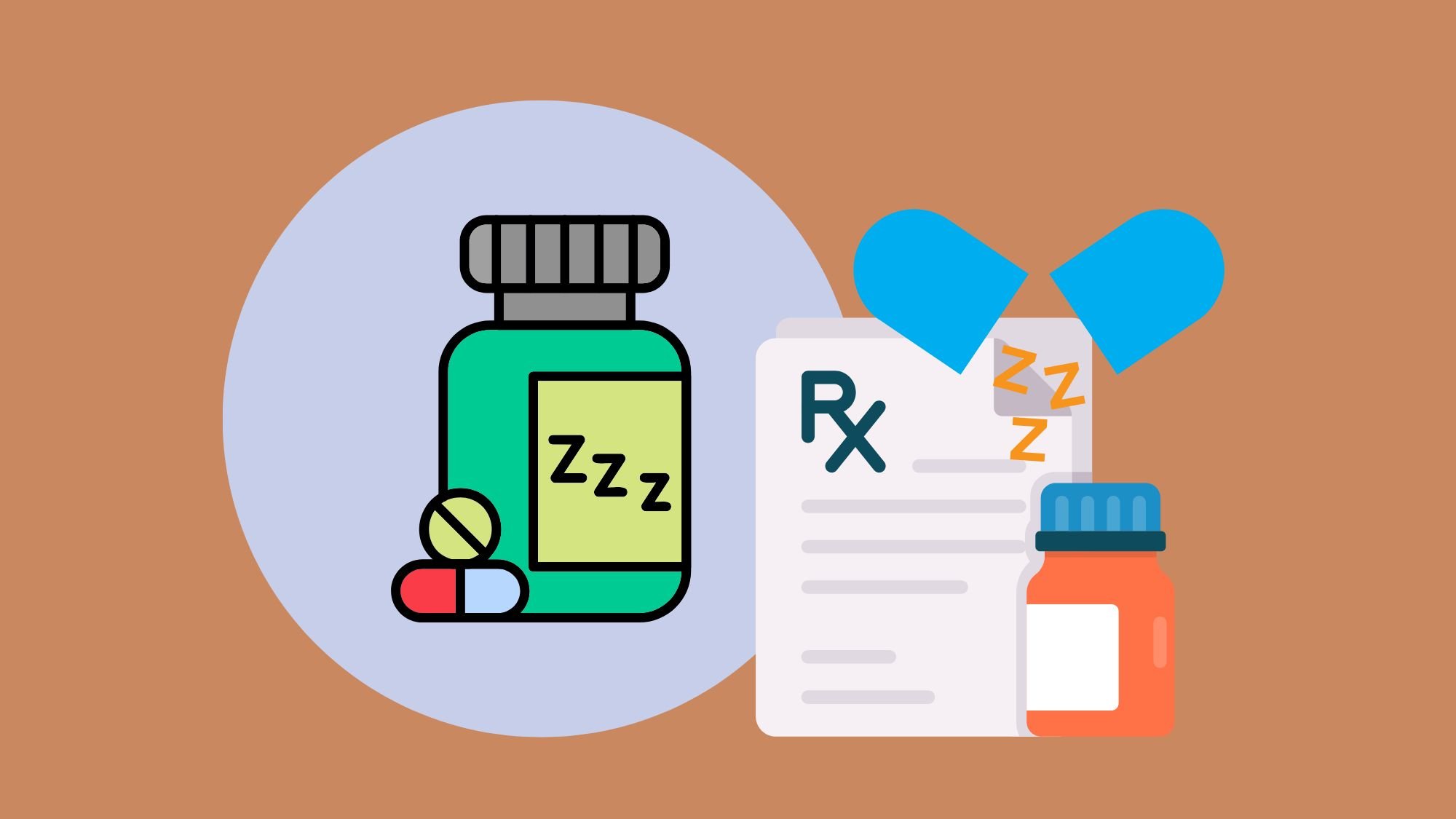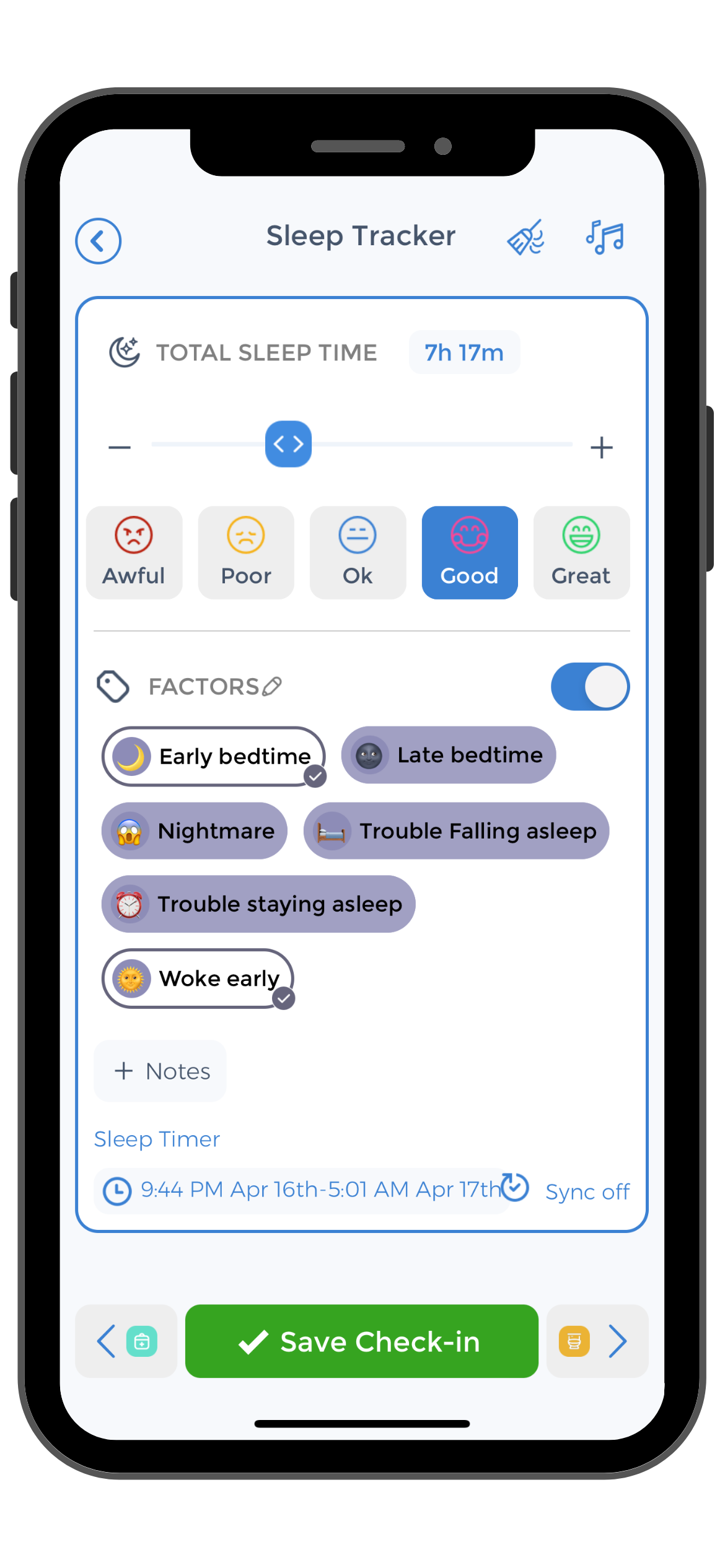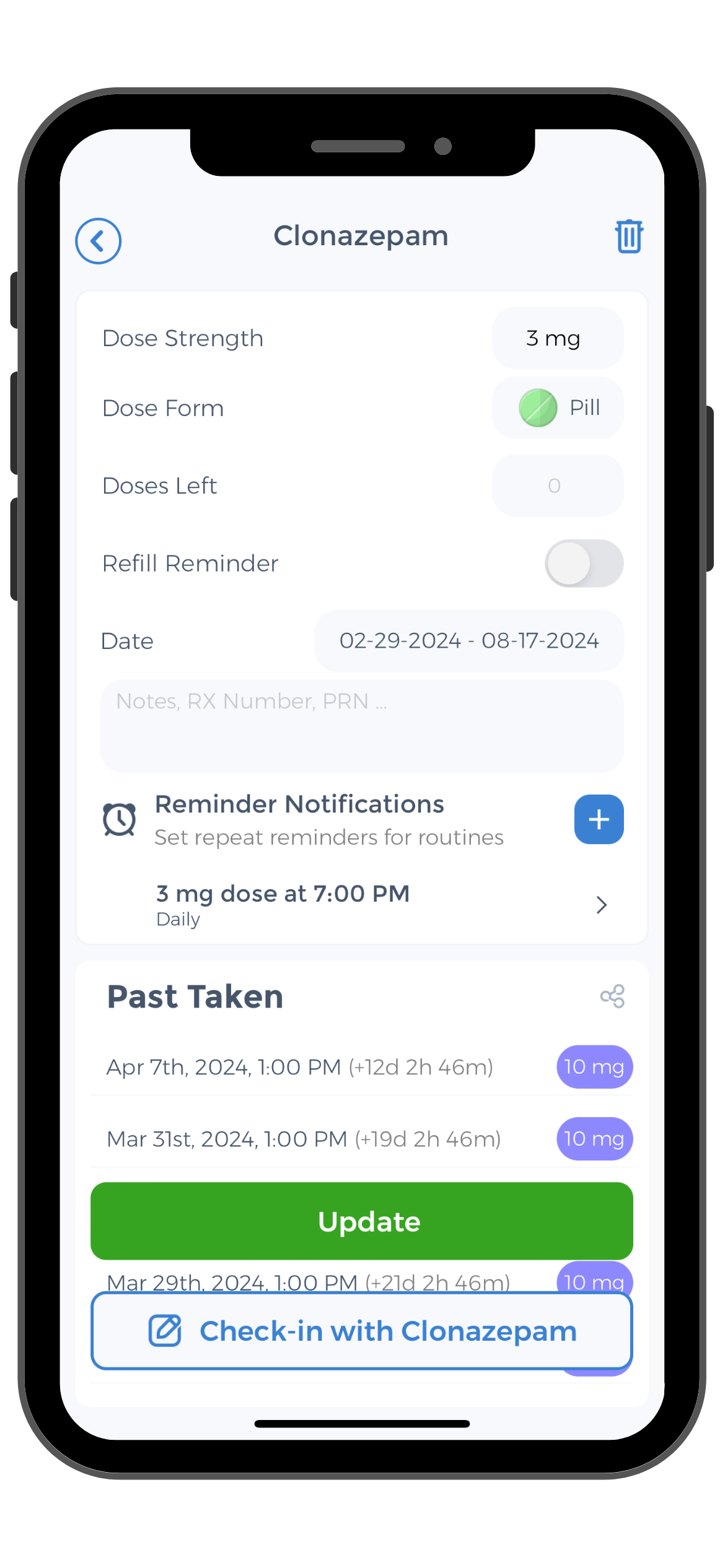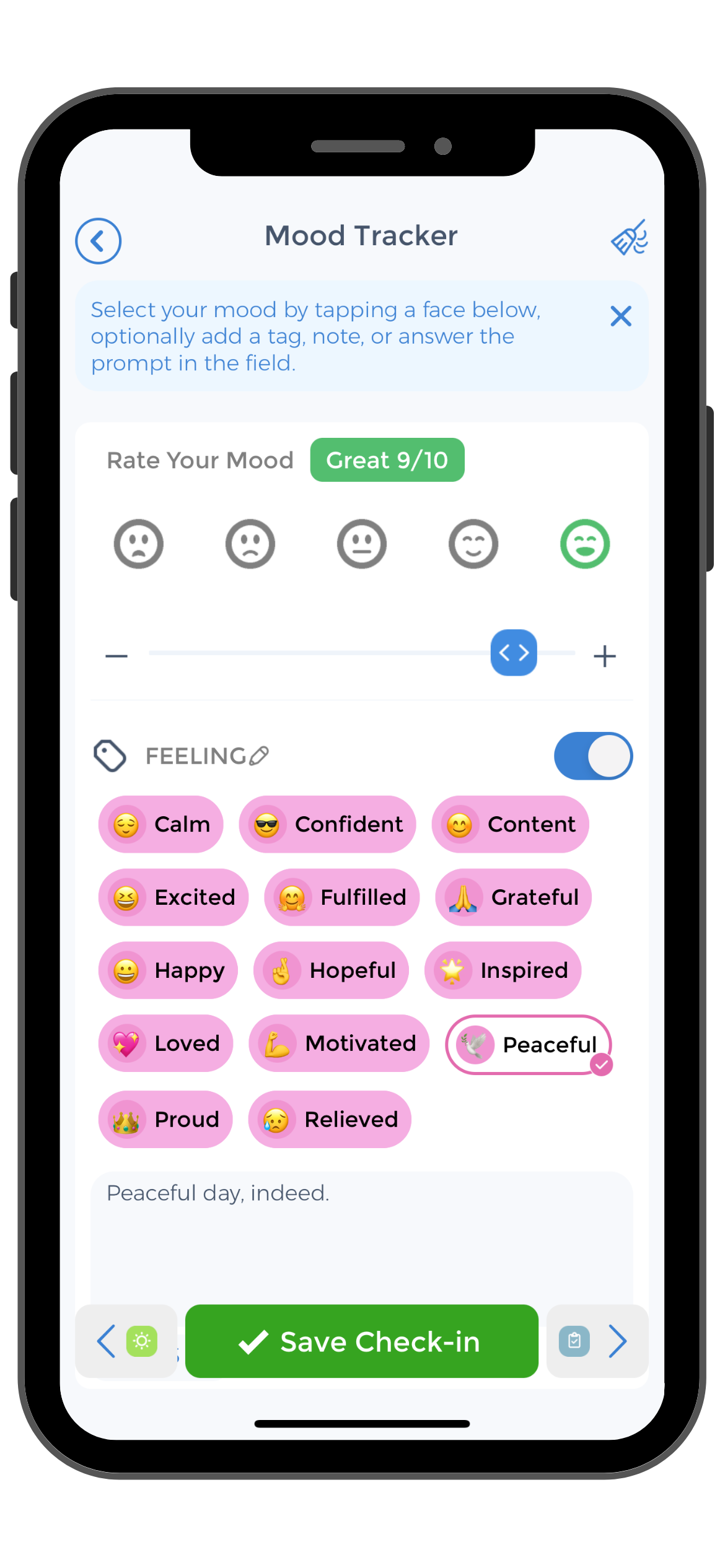
Clonazepam is a medication commonly prescribed to help individuals with sleep disorders. In this article, we will explore the ideal Clonazepam dosage for sleep and discuss its uses, effects, and potential risks.
It’s important to note that while I am not a doctor, I can provide you with valuable information based on medical research and expert guidelines.
Understanding Clonazepam and Its Uses
Before delving into the ideal dosage of Clonazepam for sleep, let’s first understand what Clonazepam is and its medical uses.
Clonazepam, a medication with a fascinating mechanism of action, belongs to a class of medications known as benzodiazepines. It exerts its effects by targeting gamma-aminobutyric acid (GABA), a crucial neurotransmitter in the brain. By enhancing the activity of GABA, Clonazepam helps to modulate abnormal electrical signals in the brain, leading to a calming and relaxing effect on the individual.
What is Clonazepam?
Clonazepam belongs to a class of medications known as benzodiazepines. It works by enhancing the effects of a neurotransmitter called gamma-aminobutyric acid (GABA) in the brain, which helps to reduce abnormal electrical activity and promote a sense of calmness and relaxation.
Clonazepam’s intricate pharmacological profile makes it a versatile medication with various medical applications. Apart from its well-known role in managing seizure disorders, panic disorder, and anxiety disorders, Clonazepam is also utilized off-label for addressing sleep disturbances such as insomnia and restless legs syndrome. This off-label use highlights the adaptability of Clonazepam in targeting different facets of neurological and psychiatric conditions, showcasing its importance in clinical practice.
Medical Uses of Clonazepam
Clonazepam is primarily prescribed to treat seizure disorders, panic disorder, and anxiety disorders. However, it may also be prescribed off-label for sleep disorders such as insomnia and restless legs syndrome.
The Connection Between Clonazepam and Sleep
Now, let’s delve deeper into the fascinating world of Clonazepam and its impact on sleep patterns, shedding light on its intricate mechanisms and therapeutic benefits.
Clonazepam, a member of the benzodiazepine family, exerts its influence on sleep through a multifaceted approach that extends beyond mere sedation. By targeting specific neurotransmitters in the brain, Clonazepam orchestrates a symphony of calming effects that not only facilitate the onset of sleep but also enhance its quality and duration.
How Clonazepam Affects Sleep
 At the core of Clonazepam’s sleep-inducing prowess lies its ability to modulate the activity of gamma-aminobutyric acid (GABA) receptors, the primary inhibitory neurotransmitters in the central nervous system. By enhancing the inhibitory signals mediated by GABA, Clonazepam effectively dampens the hyperactivity of neurons, creating a tranquil environment conducive to the natural progression of sleep stages.
At the core of Clonazepam’s sleep-inducing prowess lies its ability to modulate the activity of gamma-aminobutyric acid (GABA) receptors, the primary inhibitory neurotransmitters in the central nervous system. By enhancing the inhibitory signals mediated by GABA, Clonazepam effectively dampens the hyperactivity of neurons, creating a tranquil environment conducive to the natural progression of sleep stages.
Furthermore, Clonazepam’s sedative properties extend beyond mere relaxation, encompassing a delicate balance of neuronal inhibition that harmonizes the intricate dance of sleep architecture. By fine-tuning the delicate interplay between rapid eye movement (REM) and non-REM sleep cycles, Clonazepam helps individuals achieve a restorative and restful slumber that is essential for overall well-being.
The Role of Clonazepam in Treating Sleep Disorders
When it comes to addressing sleep disorders, Clonazepam emerges as a versatile ally capable of navigating the complex landscape of conditions such as insomnia and restless legs syndrome with finesse. By targeting the root causes of these disruptions in sleep patterns, Clonazepam offers a beacon of hope for those grappling with the relentless challenges of nocturnal restlessness.
Individuals plagued by the relentless grip of insomnia find solace in Clonazepam’s ability to mitigate the racing thoughts and anxiety that often sabotage their quest for restful sleep. By instilling a sense of tranquility and serenity, Clonazepam empowers individuals to embrace the embrace of slumber with open arms, ushering them into a realm of peaceful repose.
Determining the Ideal and Appropriate Dosage
It’s essential to determine the right dosage of Clonazepam for sleep to ensure optimal effectiveness and minimize the risk of side effects. The dosage can vary depending on several factors.
Clonazepam, a benzodiazepine medication commonly prescribed for sleep disorders, works by enhancing the effects of gamma-aminobutyric acid (GABA) in the brain. This neurotransmitter helps to calm the central nervous system, promoting relaxation and sleep. When determining the ideal dosage of Clonazepam, healthcare providers take into account various factors to tailor the treatment to each individual’s specific needs.
Factors Influencing Clonazepam Dosage
- The specific sleep disorder being treated
- The severity of the sleep disorder
- Your age and overall health
- Other medications you may be taking
Individuals with different sleep disorders, such as insomnia, restless legs syndrome, or parasomnias, may require varying dosages of Clonazepam to achieve the desired therapeutic effect. The severity of the sleep disorder also plays a crucial role in determining the appropriate dosage, with higher doses often needed for more severe symptoms.
General Guidelines for Clonazepam Dosage
The dosage of Clonazepam for sleep will be determined by your healthcare provider based on your individual needs. It’s crucial to follow their instructions and not exceed the prescribed dosage. Increasing the dosage without medical supervision can be dangerous and increase the risk of side effects.
When initiating Clonazepam therapy for sleep, healthcare providers typically start with a low dose to assess individual response and tolerance. The dosage may be gradually increased if necessary to achieve the desired therapeutic effect while minimizing the risk of side effects. This stepwise approach helps the body adjust to the medication and reduces the likelihood of adverse reactions.
It’s important to note that Clonazepam should only be used for a short time as a sleep aid. Prolonged use may lead to dependence and tolerance, making it less effective over time. Your healthcare provider will provide guidance on the duration of treatment and any necessary tapering off the medication.
Initial Dose to Use Clonazepam Dosage for Sleep
 The initial dose of Clonazepam for sleep commonly begins at 0.5 mg, although this may be adjusted based on individual response and tolerance. This conservative starting dose aims to minimize the risk of adverse effects while still providing a therapeutic effect.
The initial dose of Clonazepam for sleep commonly begins at 0.5 mg, although this may be adjusted based on individual response and tolerance. This conservative starting dose aims to minimize the risk of adverse effects while still providing a therapeutic effect.
At 0.5 mg, Clonazepam exerts its anxiolytic and sedative properties, facilitating the onset and maintenance of sleep. By enhancing the inhibitory action of GABA, it helps to quieten the overactive neural circuits that may contribute to insomnia or other sleep disturbances.
Healthcare providers typically prescribe the lowest effective dose initially, closely monitoring the individual’s response to treatment. This cautious approach allows for gradual titration to find the optimal balance between therapeutic benefits and potential side effects.
For some individuals, a 0.5 mg dose may suffice to achieve the desired improvements in sleep quality and duration. However, in cases of severe insomnia or inadequate response to treatment, healthcare providers may consider titrating the dosage upwards, following a careful assessment of the patient’s needs and medical history.
It’s important for individuals prescribed Clonazepam for sleep to adhere closely to their healthcare provider’s recommendations regarding dosage and administration. Additionally, regular follow-up appointments allow for ongoing evaluation of treatment efficacy and the need for any adjustments in dosage or medication regimen.
Potential Side Effects and Risks
While Clonazepam can be effective in treating sleep disorders, it’s essential to be aware of potential side effects and risks. Understanding the implications of using this medication is crucial for maintaining your health and well-being.
Clonazepam, a benzodiazepine medication, works by enhancing the effects of a neurotransmitter called gamma-aminobutyric acid (GABA) in the brain. This action helps to calm the central nervous system, making it useful for managing conditions like anxiety, seizures, and sleep disorders.
Common Side Effects of Clonazepam
Common side effects of Clonazepam may include drowsiness, dizziness, coordination problems, and cognitive impairment. These effects can impact your ability to perform daily activities, such as driving or operating machinery. It’s important to discuss any side effects with your healthcare provider to determine the best course of action.
Additionally, some individuals may experience paradoxical reactions to Clonazepam, where instead of feeling calm and relaxed, they may become agitated or aggressive. Monitoring your response to the medication and reporting any unusual symptoms is essential for proper management.
Risks Associated with Overdose
Taking Clonazepam in higher doses than prescribed or combining it with other substances, such as alcohol or sedatives, increases the risk of overdose. An overdose can lead to severe respiratory depression, coma, and even death. It’s crucial to always take the medication as directed and seek immediate medical attention in case of an overdose.
Furthermore, abruptly stopping Clonazepam can result in withdrawal symptoms, including rebound anxiety, insomnia, tremors, and seizures. Tapering off the medication under medical supervision is recommended to minimize these effects and ensure a safe discontinuation process.
Clonazepam and Mental Health
In the realm of mental health, Clonazepam plays a pivotal role in alleviating symptoms associated with various disorders. One of its primary applications lies in the management of anxiety disorders. Individuals grappling with conditions like generalized anxiety disorder (GAD) often find relief through the calming effects of Clonazepam. By modulating GABA activity, Clonazepam helps to dampen the overactivity in the brain that contributes to excessive worry, tension, and other debilitating symptoms of anxiety.
Clonazepam and Panic Disorders or Panic Attacks
 Panic disorder, characterized by sudden and recurrent episodes of intense fear or discomfort, can profoundly disrupt an individual’s life. Clonazepam emerges as a valuable tool in mitigating the frequency and severity of panic attacks. By bolstering GABAergic inhibition, Clonazepam helps to attenuate the physiological and psychological manifestations of panic, such as palpitations, sweating, trembling, and a sense of impending doom.
Panic disorder, characterized by sudden and recurrent episodes of intense fear or discomfort, can profoundly disrupt an individual’s life. Clonazepam emerges as a valuable tool in mitigating the frequency and severity of panic attacks. By bolstering GABAergic inhibition, Clonazepam helps to attenuate the physiological and psychological manifestations of panic, such as palpitations, sweating, trembling, and a sense of impending doom.
The mechanism of action of Clonazepam aligns with the dysregulation of neurotransmitters implicated in panic disorder, offering a targeted approach to symptom management. Its rapid onset of action makes it particularly beneficial for acute episodes, providing individuals with a sense of reassurance and control amidst the chaos of panic attacks.
Furthermore, Clonazepam’s efficacy extends beyond mere symptom suppression. By fostering a state of tranquility and relaxation, it empowers individuals to engage more effectively in cognitive-behavioral interventions, which are cornerstone components of comprehensive treatment for panic disorder.
Clonazepam stands as a cornerstone in the pharmacological armamentarium for managing mental health conditions, including panic disorder. Its ability to restore neurochemical balance and promote emotional stability underscores its indispensable role in enhancing the well-being and quality of life of countless individuals grappling with these challenging disorders.
Alternatives to Clonazepam for Sleep
While Clonazepam can be effective for sleep disorders, it’s important to explore alternatives as well. Here are some options you can consider:
Other Medications for Sleep Disorders
There are several other medications available for the treatment of sleep disorders. Your healthcare provider can discuss alternative options and help determine the most appropriate treatment plan for your specific needs.
Non-Medical Approaches for Improving Sleep Quality: Treating Insomnia
In addition to medication, there are non-medical approaches you can incorporate into your daily routine to improve sleep:
- Establish a consistent sleep schedule, going to bed and waking up at the same time each day.
- Create a relaxing bedtime routine, such as taking a warm bath, reading a book, or practicing relaxation techniques.
- Ensure your sleep environment is comfortable, quiet, and conducive to sleep.
- Avoid stimulating activities and electronic devices close to bedtime.
- Limit caffeine and alcohol intake, particularly in the evening.
- Engage in regular physical activity, but avoid exercising too close to bedtime.
By incorporating these self-care practices into your daily routine, you can promote healthy sleep habits and improve the quality of your sleep.
Moreover, it is essential to address any underlying issues that may be contributing to your sleep disturbances. Stress, anxiety, and depression are common culprits of sleep problems. Seeking therapy or counseling to address these issues can significantly improve your sleep quality in the long run.
In addition, practicing mindfulness and relaxation techniques, such as meditation or deep breathing exercises, can help calm your mind and prepare your body for restful sleep. These techniques can be particularly beneficial for individuals who struggle with racing thoughts or insomnia.
Takeaway for Prescribed Clonazepam to Improve Sleep Quality
Clonazepam can be an effective medication for treating sleep disorders when used under the guidance of a healthcare provider. It’s important to follow the prescribed dosage and be aware of potential side effects and risks.
Exploring alternative approaches, such as non-medical strategies, can also be beneficial in promoting restful sleep. Remember to consult with your healthcare provider to determine the ideal dosage of Clonazepam for your specific sleep needs.
Use the CareClinic App to Monitor Difficulty Falling Asleep
As you navigate the complexities of finding the ideal Clonazepam dosage for sleep, the CareClinic App emerges as an invaluable tool in managing your treatment and sleep behavior disorder. By meticulously tracking your medication intake, sleep patterns, and any side effects, the app provides actionable insights that can lead to improved health outcomes.
The CareClinic App’s reminder system ensures you take your medication as prescribed to avoid missed dose, while the diary feature allows you to document your sleep quality and duration, offering a comprehensive view of your progress.
Download the CareClinic App and Start to Track the Typical Starting Dosage of Clonazepam
Understanding the interplay between your sleep habits and Clonazepam’s effects is crucial, and the CareClinic App facilitates this by enabling you to monitor changes over time. With its easy-to-use interface, you can quickly log daily entries and review reports that help you and your healthcare provider make informed decisions about your treatment.
For a seamless approach to managing your sleep therapy with Clonazepam, install the CareClinic App today and take the first step towards achieving restful nights and healthier days.


